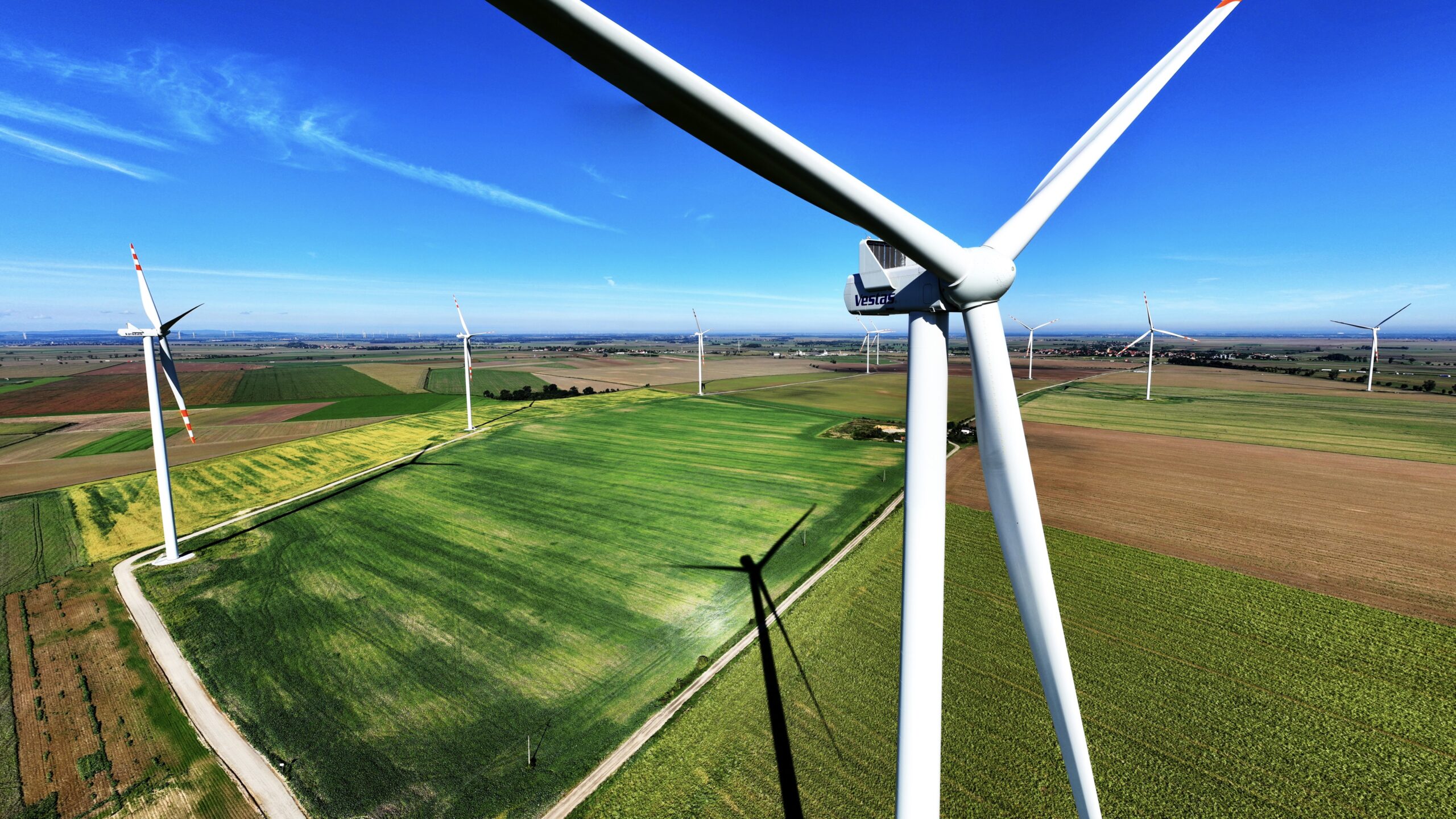Polenergia, as the leader, and Nowa Sarzyna Combined Heat and Power Plant as a consortium member, entered into a co-financing agreement with the National Centre for Research and Development for a research and development project titled ‘H2 HUB Nowa Sarzyna: Green Hydrogen Storage.’ Its purpose is the use of green hydrogen produced in the process of water electrolysis powered by renewable energy for the production of renewable aviation fuel. The fuel generated in this mode will allow for reduced emission of greenhouse gases in the aviation industry, without the necessity of building a new infrastructure, fuel bases and preparation of new structures of planes. The amount of the potential co-financing in the form of a subsidy for the three stages of the project may in the next years reach PLN 95 million.
Polenergia Dystrybucja is in the course of implementation of the III and IV investment plan with a total value of PLN 156 million. By the end of the third quarter of this year, the Company signed 109 connection agreements and completed 49 investments for which it notified connection readiness.
From July to September this year, Polenergia Fotowoltaika assembled solar installations with a total capacity of 15.4 MWp, while Polenergia Pompy Ciepła installed 160 heat pumps in this period. Polenergia Fotowoltaika also commenced sale of the Polenergia 360 product, which resulted in signing 966 agreements on delivery and re-purchase of renewable and zero-emission energy.
Polenergia Mobility commenced the construction of the first generally accessible charging stations and efficiently secures subsequent locations for the construction of new charging stations for electric vehicles throughout Poland. In November, the company started to sell the charging service for electric vehicles from its own generally accessible stations.
Impact of the Situation at the Energy Market
Nine months of this year brought historically unprecedented growths of prices at the SPOT market and on the futures market. Simultaneously, given an increase in the costs of energy production in conventional units and an increase in the share of installed capacity in the Renewable Energy Sources, the price variability is at a record-high level, while hourly prices during the day may change by over PLN 1000 per MWh, depending on the level of generation from RES. The Group identifies increased risk of conducting commercial activity, resulting, among others, from an increase in the variability of electric energy and natural gas prices, risk of failure to accomplish the off-take volume by the contractors and an increase in the risk of insolvency of the contracting partners.
Sensitivity of the operating part of the segment of on-shore wind farms to the change of interest rates and currency rates is slight on account of prior hedging of the interest rates for the majority of projects. However, the growth of rates affects the costs of investment financing for the new projects and costs of revolving financing in the segments of trade, sale and distribution.
The president signed an act lifting the obligation of sale of the generated electric energy via Towarowa Giełda Energii. Introduction of the act may bring significant limitation of liquidity at the TGE and thus may also limit the hedging of the generation assets of the Group in advance. In turn, the act freezing the energy prices for end recipients in 2023 significantly limits the possibility of generating a margin on trading and sale of energy and reduces the revenues of RES generation assets.
The Ministry of Development and Technology announced that it would resume the work on the provisions regulating the construction and operation of direct lines. These lines will be another impulse for the development of RES projects, in particular construction of installations with direct connection to the end recipient and production of green hydrogen.
Impact of the War in Ukraine
As a result of the war in Ukraine and sanctions imposed on Russia and Belarus and the ongoing tension at the resources markets, the market environment is undergoing fundamental changes. The effects of these changes are extremely high variability of prices of financial instruments, resources and goods, including changes in prices of electric energy, natural gas and CO2 emission certificates. This calls for the necessity of ongoing monitoring and identification of events and risk factors, which may affect the operation and the financial results of the Group. In the assessment of the Management Board, Polenergia is not directly exposed to the negative effects of the conflict.

